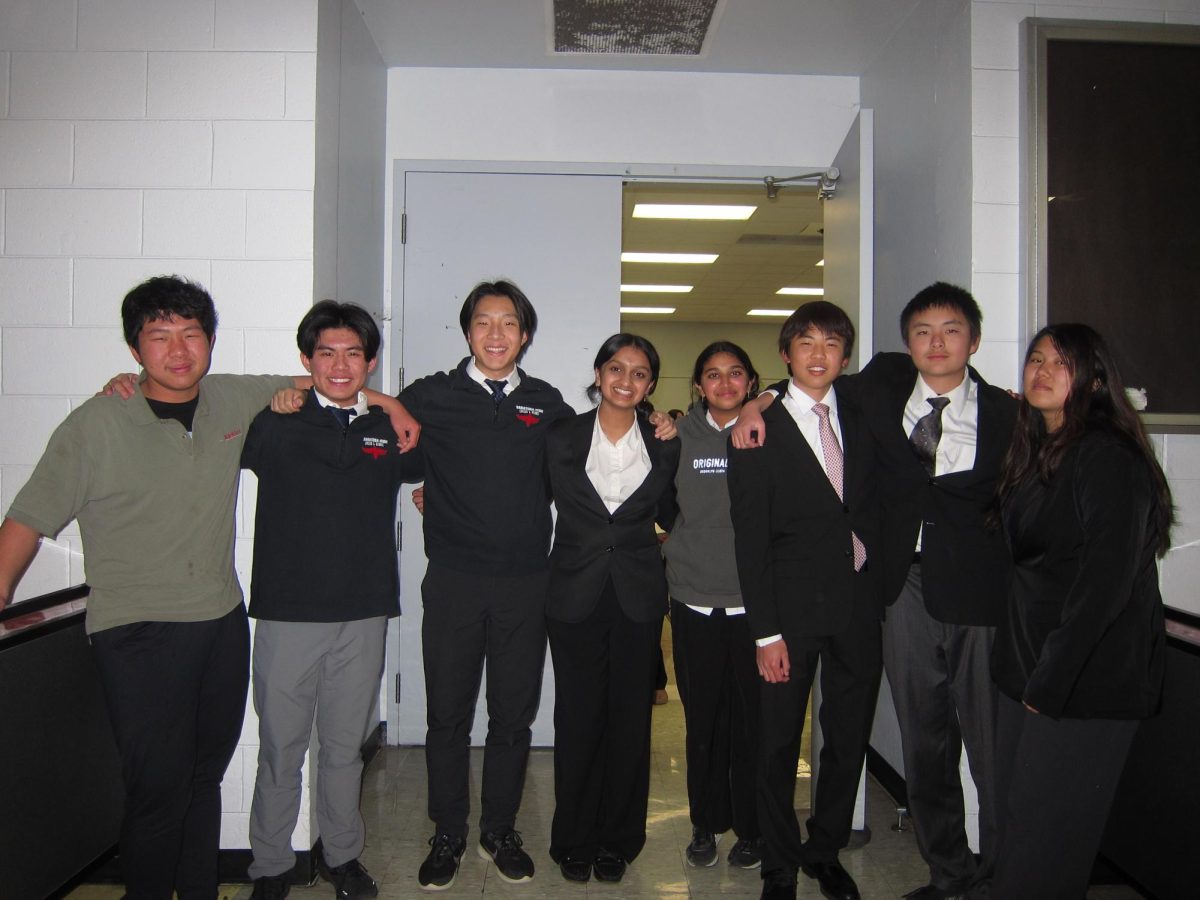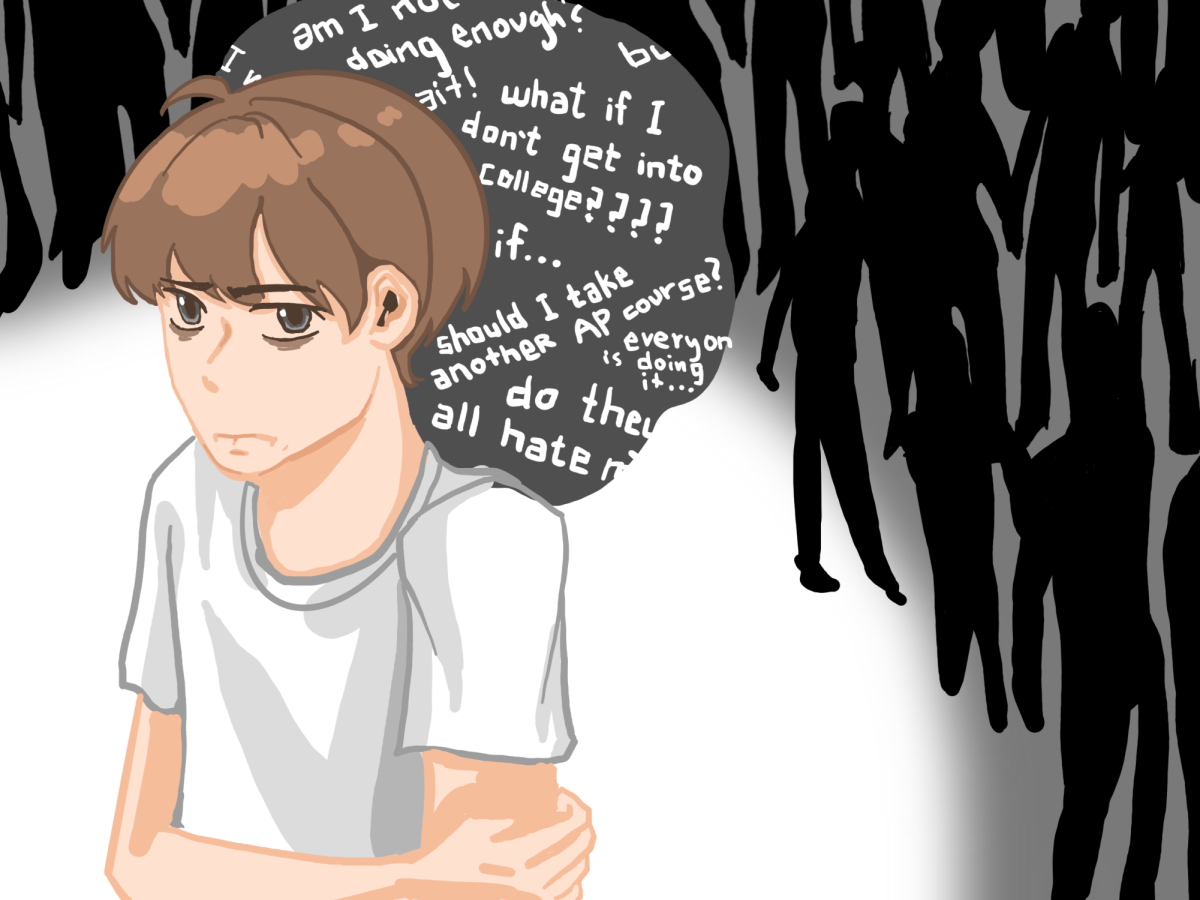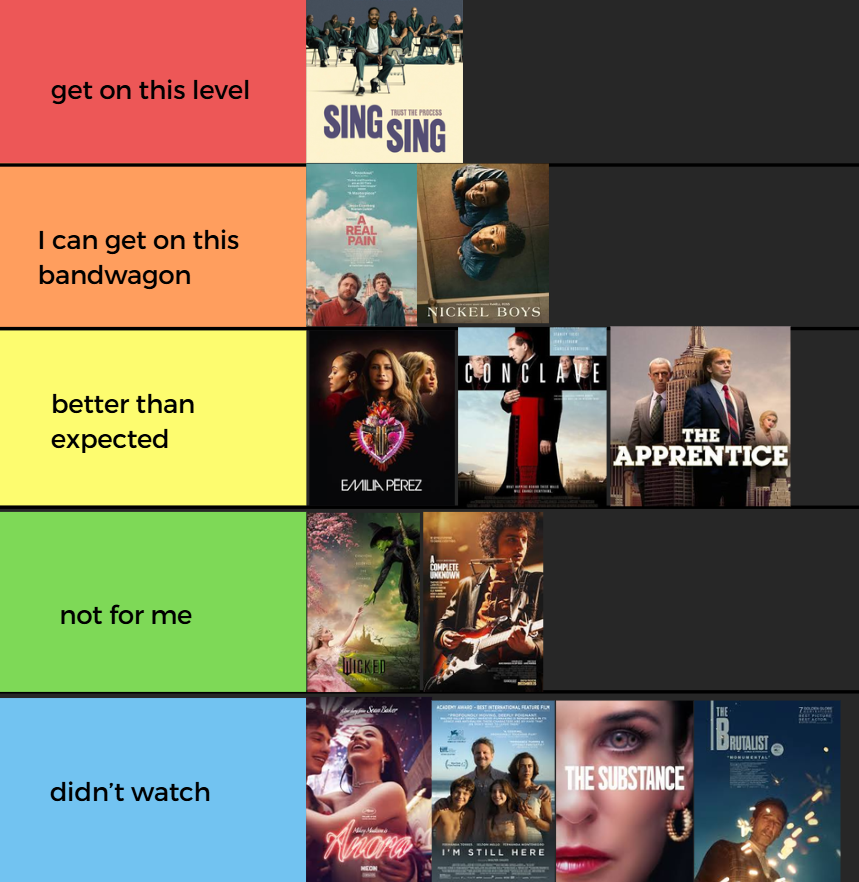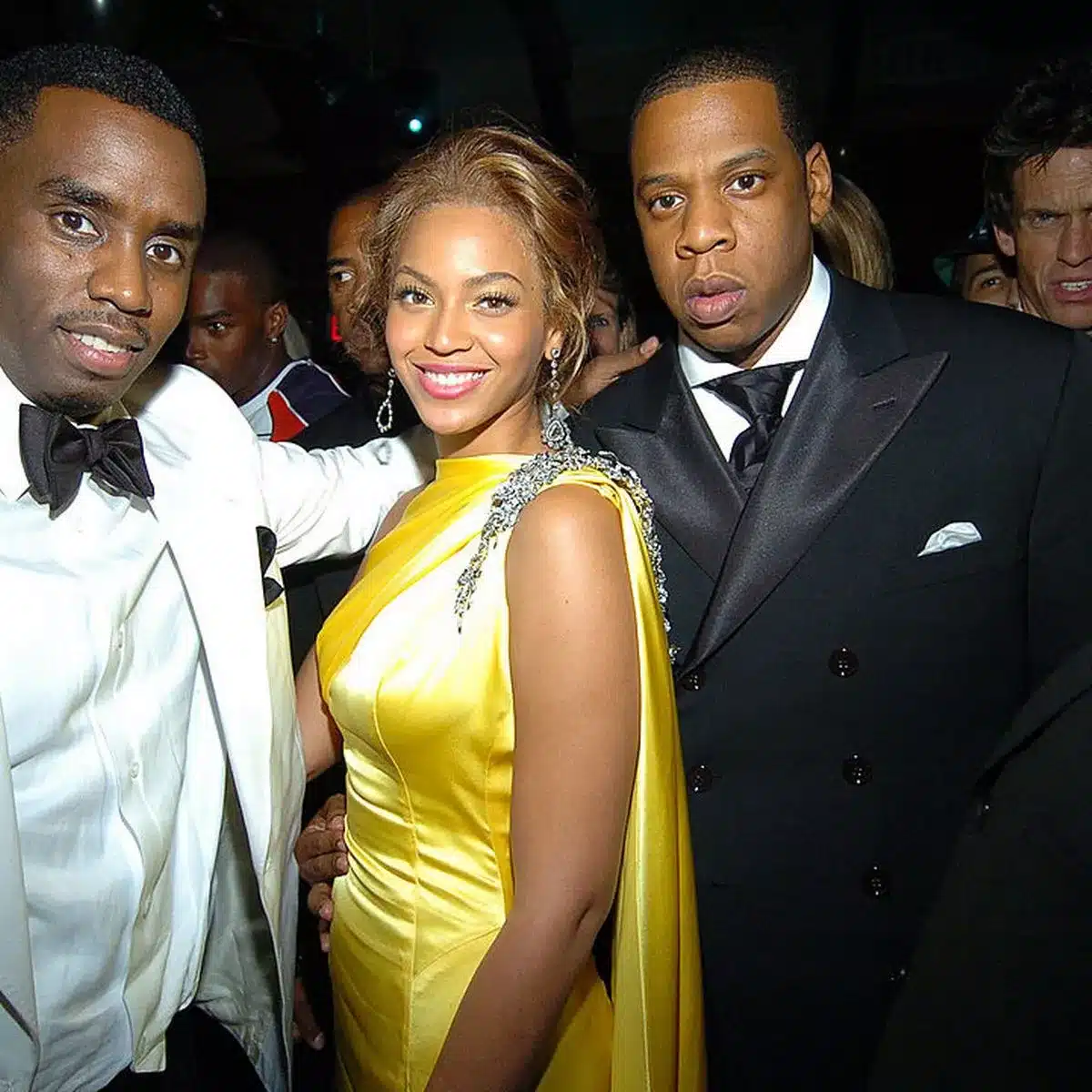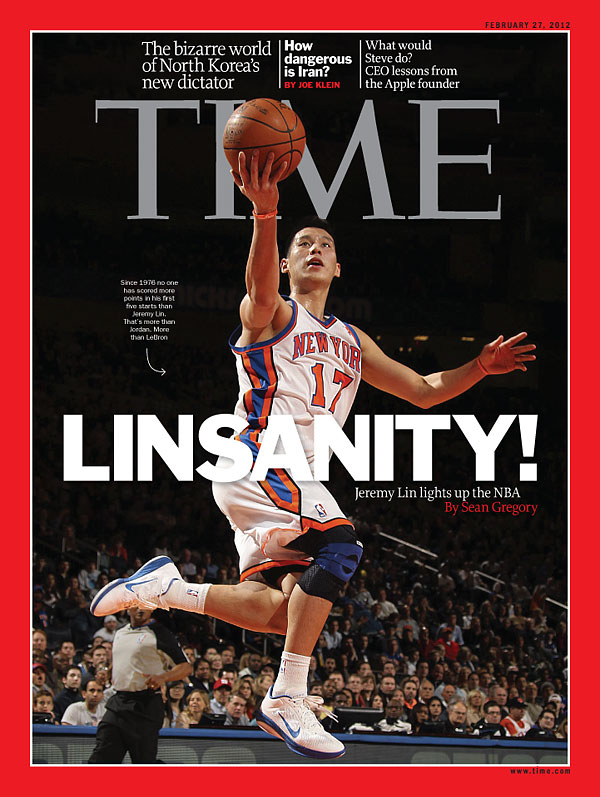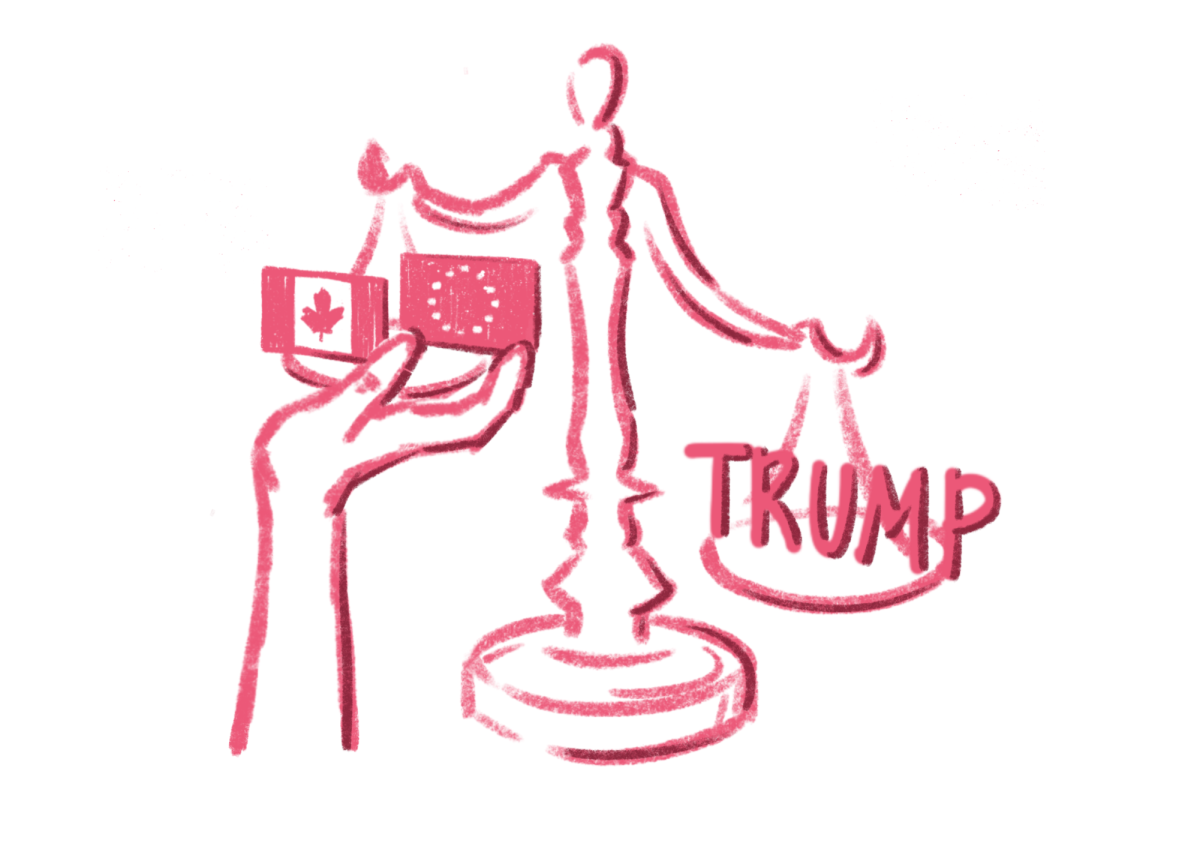Conservatives always rant about the “liberal media.” They have a point, as the mainstream media do lean left. According to The Washington Examiner, the Democratic party received over $1 million in donations from the employees of three major broadcast television networks (NBC, ABC and CBS) in 2008. By contrast, Republicans received only $142,863.
Yet the most biased of all publications is a conservative one—Fox News. Watching a Fox News “debate” is almost laughable. Very seldom are both sides fairly recognized, since moderators are overwhelmingly conservative.
As former Fox News producer Charlie Reina explained, "The roots of Fox News Channel's day-to-day on-air bias are actual and direct. They come in the form of an executive memo distributed electronically each morning, addressing what stories will be covered and, often, suggesting how they should be covered. To the newsroom personnel responsible for the channel's daytime programming, The Memo is the Bible. If, on any given day, you notice that the Fox anchors seem to be trying to drive a particular point home, you can bet The Memo is behind it."
With their motto of “fair and balanced,” Fox News aims to balance the scales: Go far right to counter the left. The argument, however, is deeply disturbing.
If journalism becomes a politicized affair, then it becomes little more than propaganda. Without the trust of the people, journalism is useless.
Let China’s system of journalism serve as a warning of this. Zhang Li, a Chinese journalist from Hang Zhou, told me of the problems of writing for a newspaper in China.
“First of all,” she said, “the local supervisor must approve everything that will be printed. If he is against something—he is picky because his job depends on it—then no one [on the newspaper] can overrule him.”
She continued, “There is a lot of stress. For example, when someone used a misplaced character in [president] Hu Jingtao’s name, he was forced to resign, even though it was a relatively minor error.”
In China, journalism is a farce. As the use of Internet spreads, more and more common folk are aware of government influences on the press. According to Li, many Chinese often make fun of Chinese newspapers for their blatant bias and omissions.
In this sense, Chinese journalism is nothing more than a propaganda tool. While the American press hasn’t stooped to this low standards, the politicized messages of networks like Fox News discredit the profession as a whole.
According to a Rasmussen poll, “45 percent say that most reporters would hide information if it hurt the candidate they wanted to win.” American journalists must work to ensure that bias does not ruin their credibility.
As newspaper sales decline (even the great New York Times and Washington Post regularly report losses), journalists may be tempted to follow the path of Indian journalism, which is blossoming economically because of their slant toward advertisers.
The Times of India is an extremely prosperous newspaper. But it has, in a sense, prostituted itself to powerful advertisers. For a large sum of money, businesses can run an advertisement as The Time’s front page. For an even larger sum, you can change the title of the newspaper to a pun featuring your product. A candidate can also pay money for a negative story about his opponent.
There is a dangerous trend toward questionable journalism, even in America. Media outlets like Yahoo! News appeal to base instincts, sacrificing good journalism for page views. Read the comments section on a Yahoo story, and you’ll be sure to find many lamenting the poor quality of the reporting.
As great publications lose more and more money, one would hope that they, too, would not damage the integrity of their reporting for fiscal rewards.
The free press, long the watchdog of democracy and fairness, should also watch carefully over itself. In the end, networks like Fox News are damaging the profession as a whole.


